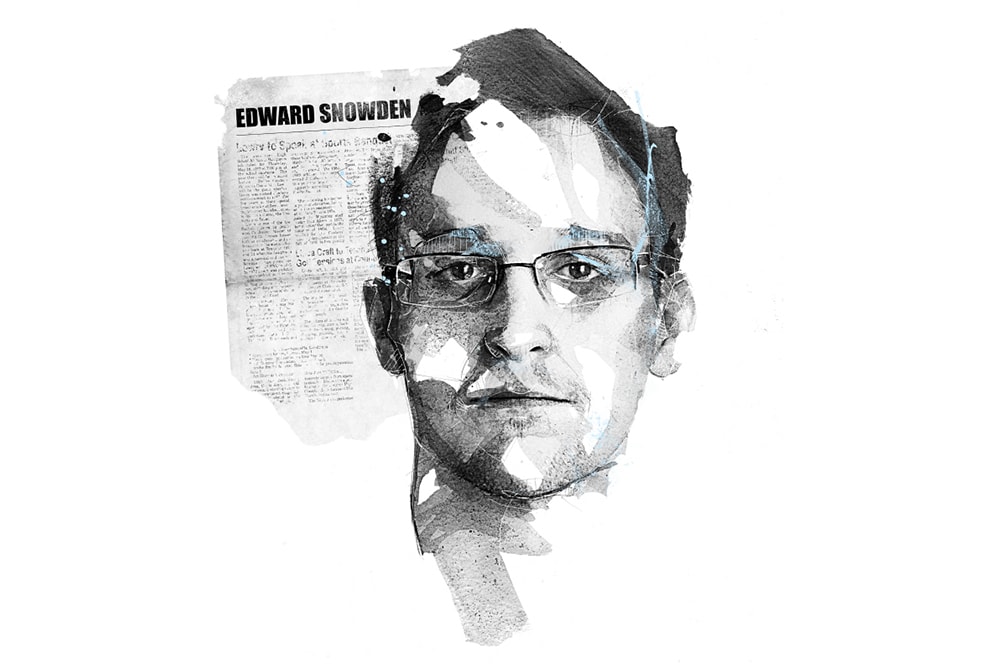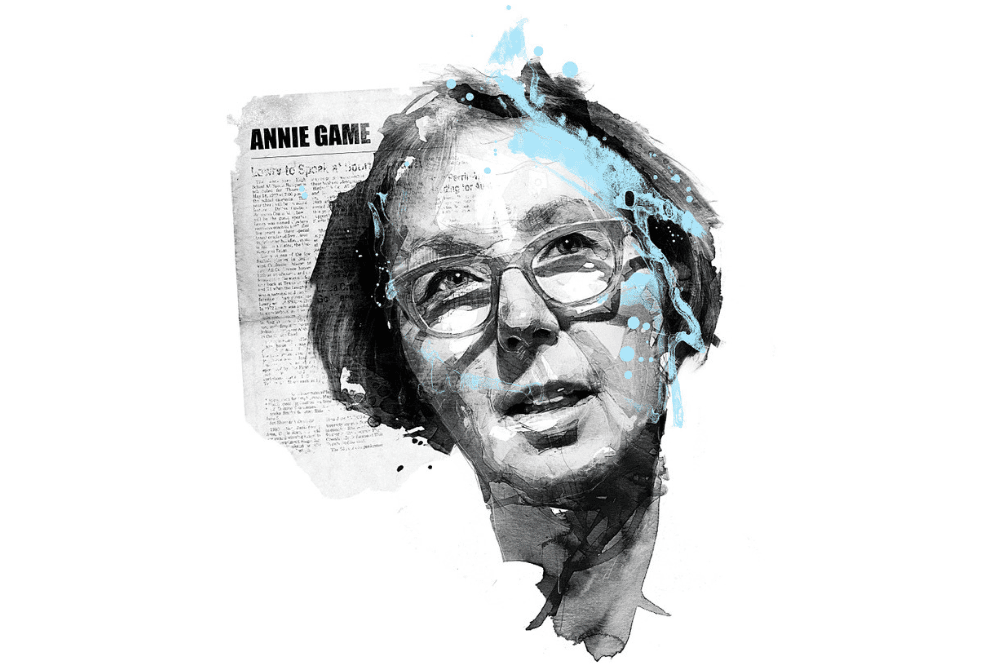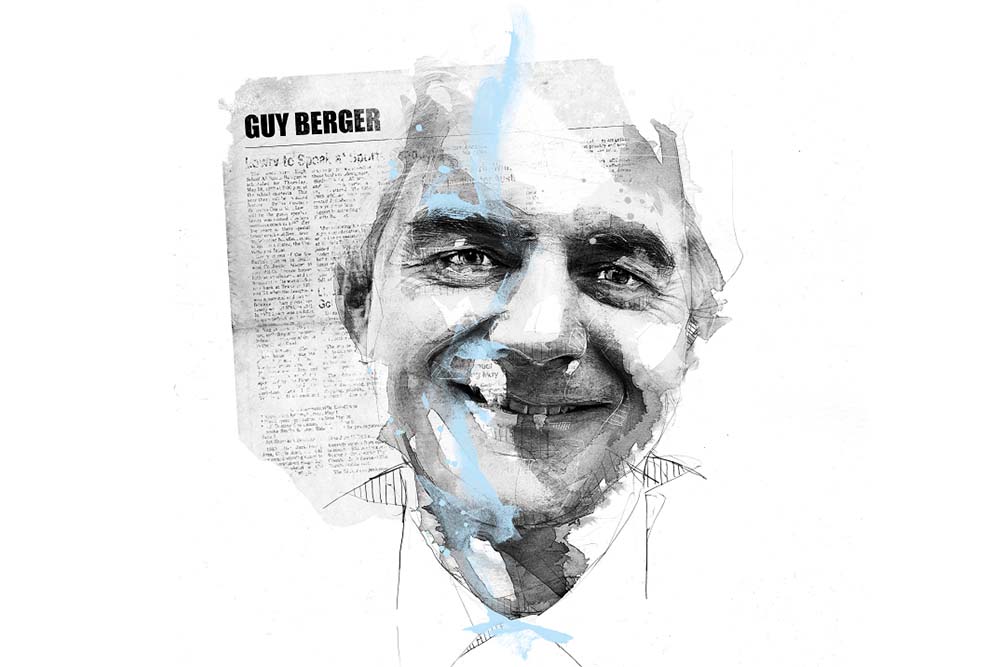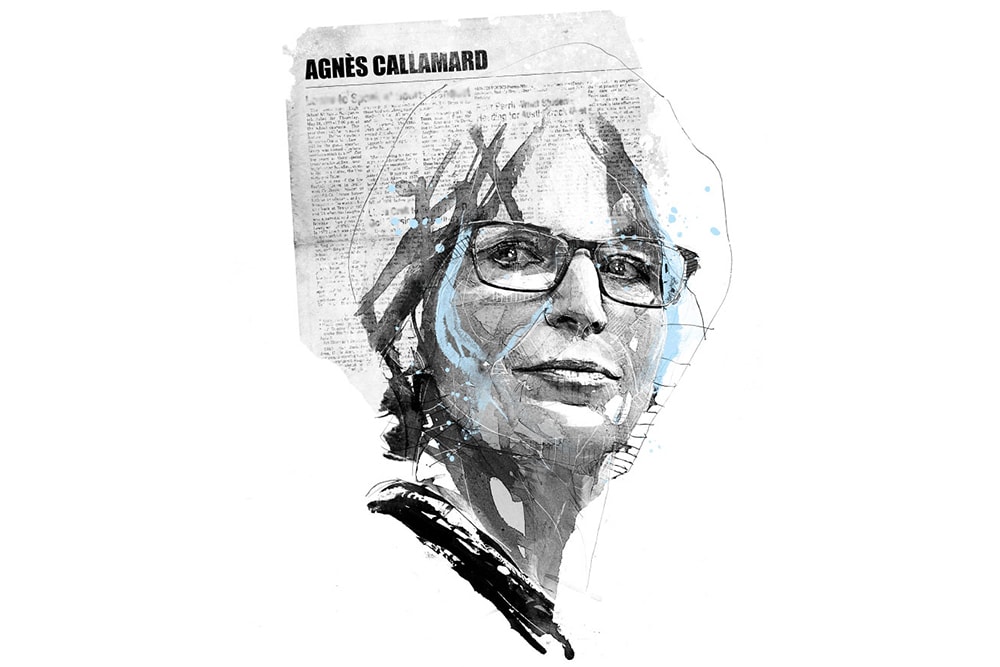He's been called a hero, a dissident, a whistleblower and a traitor, but one thing is undisputed: Edward Joseph Snowden sparked one of the biggest debates about government surveillance and the right to privacy in American history, and around the world.
I never imagined that I would live to see our courts condemn the NSA's activities as unlawful and in the same ruling credit me for exposing them. And yet that day has arrived.
He’s been called a hero, a dissident, a whistleblower and a traitor. Regardless of the term you ascribe to the man who simply identifies as an “American,” one thing remains undisputed: Edward Joseph Snowden sparked one of the biggest debates about government surveillance and the right to privacy in American history, and around the world. Today he is living as an involuntary exile in Russia, in fear of extradition to the US, where he faces charges of treason and potentially 30 years’ imprisonment.
A former employee of the National Security Agency (NSA) and the Central Intelligence Agency (CIA), Snowden first entered the spotlight in June 2013, when The Guardian published information that he had leaked to journalists Glenn Greenwald, Ewan MacAskill and Laura Poitras about mass, unauthorized government surveillance. The journalists had secretly met Snowden in a hotel room in Hong Kong, where he shared information stored on a USB key containing classified government information.
The initial revelations – reported by Greenwald on 5 June 2013 – showed that the NSA had been using a court order to obtain cell phone records from millions of unsuspecting Verizon phone users in the US.
Subsequent revelations included the existence of the PRISM program, which gave the NSA access to the servers of some of the biggest US tech companies, including Microsoft, Apple and Google. Ensuing articles also showed that the US was working with the UK government’s security agency, GCHQ, to harvest data from Internet users all around the world. Further revelations show that the NSA had placed politicians under surveillance, among them heads of state such as Chancellor Angela Merkel of Germany and former President Dilma Rousseff of Brazil. (Click here to access a full list of the Snowden revelations).
On 9 June 2013 – just four days after The Guardian published its first article about the NSA leaks – Snowden chose to reveal his identity to the public, stating, “I have no intention of hiding who I am because I know I have done nothing wrong.”
Shortly after Snowden went public, the US charged him with theft, “unauthorized communication of national defense information” and “willful communication of classified communications intelligence information to an unauthorized person” – the last two charges brought under the 1917 Espionage Act.
On 21 June 2013, the US revoked Snowden’s passport and filed an extradition request from Hong Kong. Fearing that he would be treated inhumanely and not receive a fair trial in the US, Snowden fled to Moscow using travel documents issued by the Ecuadorian embassy in London, with the support of Wikileaks.
He spent over a month in the transit area of Moscow’s Sheremetyevo airport, until he was granted a one-year asylum in Russia, on 1 August 2013. This was extended by three years in 2014, and again, in January 2017, to 2020. In October 2020, Russia granted Snowden unlimited permanent residency; the following month, Snowden and his wife applied for dual US-Russian citizenship to avoid, Snowden said, the risk of being separated from his future son (due in December 2020) in “this era of pandemics and closed borders”.
Although Snowden has the right to travel, there is a real fear that if he leaves Russia for another country he could be extradited to the US. Snowden has repeatedly said that he never intended to end up in Russia and that he had hoped that the Obama government would grant him a pardon allowing him to return home. He says that his applications to 21 countries had been refused.
Snowden’s revelations had significant repercussions. In 2015, the US Congress passed the USA Freedom Act, which many have described as a victory that would not have occurred without his whistleblowing efforts. The law enforces limits on the scope of records collection and new measures to increase transparency and oversight of surveillance by the NSA. While groups such as the Electronic Frontier Foundation (EFF) have argued that the bill could have done much more to champion comprehensive surveillance reform, they recognised that it represented a positive step forward.
Snowden has become actively engaged with civil society initiatives that defend freedom of expression and the right to privacy. He is a board member of the Freedom of the Press Foundation, and has supported civil society initiatives, including the Canadian Journalists for Free Expression (CJFE)’s Snowden Archive. He frequently speaks at events about surveillance (albeit remotely) including a 2015 PEN America/Newseum event on whistleblowers and a 2016 event for the MIT MediaLab.
Snowden’s story was featured in Citizenfour, a documentary co-produced by Poitras, Greenwald, MacAskill and others, and released in October 2014. The documentary won numerous awards, including an Oscar for Best Documentary in 2015.
In April 2017, members of PEN Norway went to Moscow to deliver the 2016 Ossietzky Prize for Freedom of Expression to Snowden in person. He had been unable to attend the award ceremony in Oslo the previous November when Norway refused to grant him assurances that he would not be extradited.
Snowden had to wait years for his hour of triumph, but it came in September 2020, when a US federal court ruled that the NSA surveillance programme that he exposed was illegal and that the intelligence leaders who publicly defended the programme had lied. “Seven years ago, as the news declared I was being charged as a criminal for speaking the truth,” said Snowden on Twitter, “I never imagined that I would live to see our courts condemn the NSA’s activities as unlawful and in the same ruling credit me for exposing them. And yet that day has arrived.”
Less than a month later, in October 2020, another federal court ruled that Snowden must pay more than $5 million in book royalties and speaking fees derived from his 2019 memoir, Permanent Record (2019). The civil lawsuit, filed by the US against the whistleblower, argued that by not submitting the book for a pre-publication review, Snowden had violated nondisclosure agreements he signed while working for the National Security Agency and CIA.
In 2023, after ten years in Russian exile, Snowden maintained that he had no regrets about his decision to reveal how the NSA was spying on us. He continues to warn of the danger to our privacy posed by ever-evolving surveillance technology.
Illustration by Florian Nicolle




